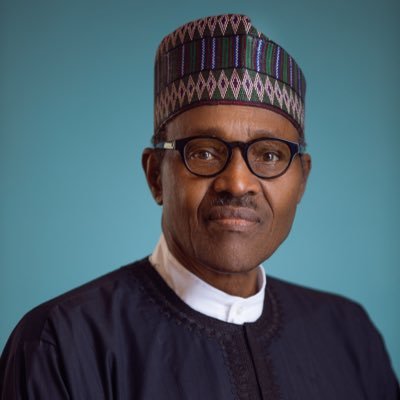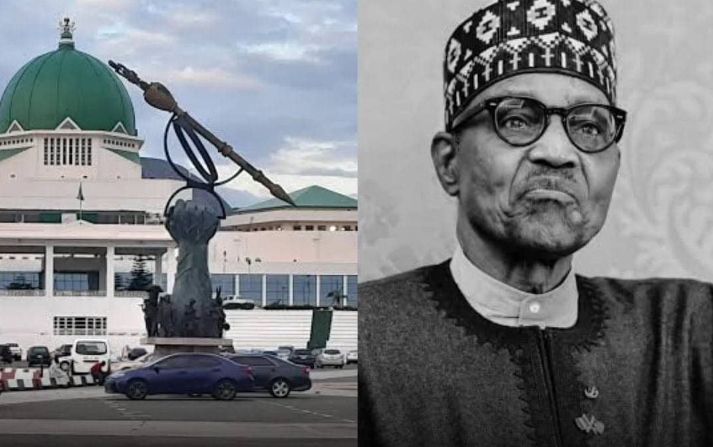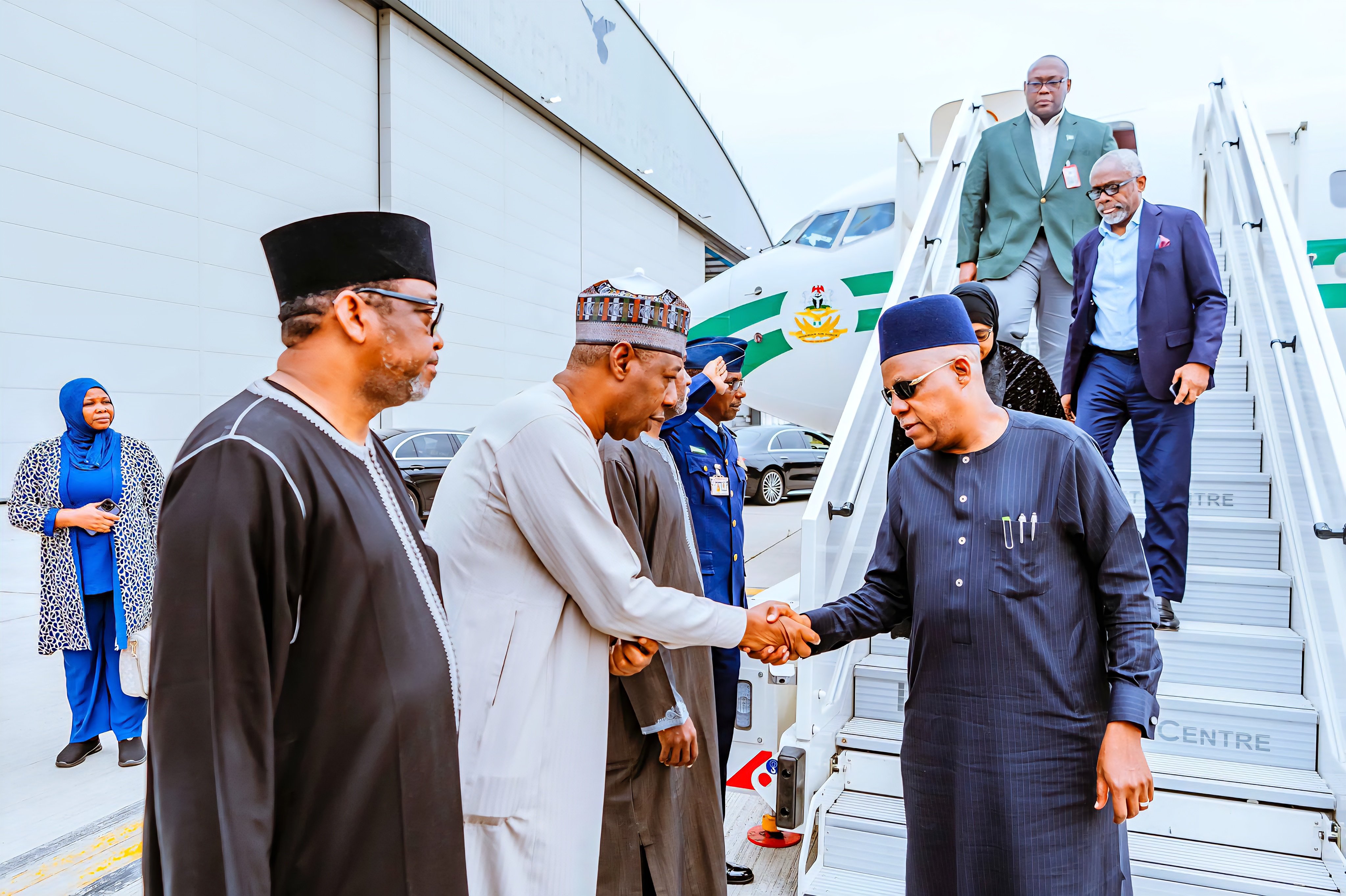
Tears in Daura as Janaza Prayer for Former President Muhammadu Buhari Holds Tomorrow at 2PM

The nation stands still as final burial arrangements are underway for Nigeria’s former President, Muhammadu Buhari, whose death was confirmed days ago in London. In an emotional announcement made via social media on Monday afternoon, Bashir Ahmad, a former aide to the late president, revealed that Buhari’s Janaza—an Islamic funeral prayer—will be held tomorrow, Tuesday, July 15, 2025, in his hometown of Daura, Katsina State. The prayer is scheduled to commence at 2:00 PM local time.
The tweet, which has since gone viral with over 12,000 views in less than an hour, read: “The Janaiza (Islamic funeral) of the late President Muhammadu Buhari will take place in his hometown, Daura, Katsina State, tomorrow at 2:00 PM. May Allah (SWT) have mercy on him.” Nigerians across the country have been reacting with a mixture of grief, reflection, and—among some—controversy as the news continues to dominate national headlines.
Buhari, who served as Nigeria’s military ruler from 1983 to 1985 and returned as a democratically elected president in 2015, died in London where he had been receiving medical attention. His passing marks the end of an era—an era defined by strong rhetoric, promises of anti-corruption, military toughness, and the complexities of democratic governance in Africa’s largest economy. As arrangements are finalized for his burial, Nigeria’s political, religious, and traditional elites are expected to converge on Daura for the solemn farewell.
Daura, a sleepy town that transformed into a symbol of political power during Buhari’s presidency, is now preparing to receive thousands of dignitaries, supporters, and mourners. Security has already been heightened in the area, with local authorities working in tandem with the federal government to ensure a peaceful and organized ceremony. Sources within Katsina State have confirmed that preparations are in full swing, with traditional rulers, Islamic scholars, and members of the public already trooping into the town.
The late president will be buried according to Islamic rites, which emphasize simplicity, humility, and immediacy. In Islam, it is customary to bury the deceased as soon as possible after death, usually within 24 hours. The Janaza prayer itself is brief but powerful—a collective plea by Muslims to Allah (SWT) for the forgiveness and eternal peace of the departed. Buhari, a devout Muslim, will be honored in a manner consistent with his faith and the traditions of northern Nigeria.
Many prominent Nigerian figures have already paid tribute to the former president, including current President Bola Tinubu, who described Buhari as a man of “discipline, principle, and unwavering national pride.” International condolences have also poured in from African leaders, Western governments, and multilateral organizations who worked with Buhari during his tenure. His influence on regional security, particularly through Nigeria’s fight against Boko Haram and involvement in ECOWAS peacekeeping missions, earned him both accolades and criticism on the world stage.
Back at home, Buhari leaves behind a complicated legacy. For some, he was a patriot and a symbol of integrity in public office. His efforts to sanitize Nigeria’s notoriously corrupt political system, though fraught with controversy, won him praise from reform-minded citizens. For others, however, his administration was marked by economic hardship, growing insecurity, and a perceived erosion of civil liberties. These tensions have become increasingly visible in the wake of his death, with online platforms filled with conflicting emotions ranging from sorrow to unapologetic critique.
The announcement by Bashir Ahmad, who was widely recognized as one of Buhari’s closest media aides, has now become the focal point for the day’s national conversation. Nigerians from all walks of life have responded to the news with prayers, debates, memories, and hashtags. The digital space is awash with condolences using the now-trending phrase “Rest in Peace Buhari,” accompanied by Qur’anic verses and images from the former president’s time in office.
The Janaza will likely be led by senior Islamic clerics from Katsina and neighboring states, followed by his interment in accordance with Islamic law. The Federal Government has yet to issue a formal directive on national mourning procedures, but there are already indications that flags may fly at half-mast and that a day of reflection may be declared nationwide.
As Nigerians prepare for Buhari’s final journey home, there is an air of solemnity. His life story—from his days as a young military officer, through the tumult of coups and political exile, to his dramatic return as a civilian president—is the stuff of history books. Buhari’s vision of a more disciplined Nigeria may not have been fully realized, but his impact is undeniable. Whether revered or reviled, he was a towering figure in the nation’s political landscape.
The Janaza at 2:00 PM tomorrow will mark the physical end of Muhammadu Buhari’s journey on earth, but the conversation about his legacy is just beginning. Daura will become more than a resting place—it will be a destination for memory, for debate, for understanding, and for truth. The eyes of Nigeria and much of the world will be fixed on that dusty northern town as a chapter in the country’s story closes with the simplicity and finality of an Islamic prayer.
May Allah (SWT) have mercy on his soul.

